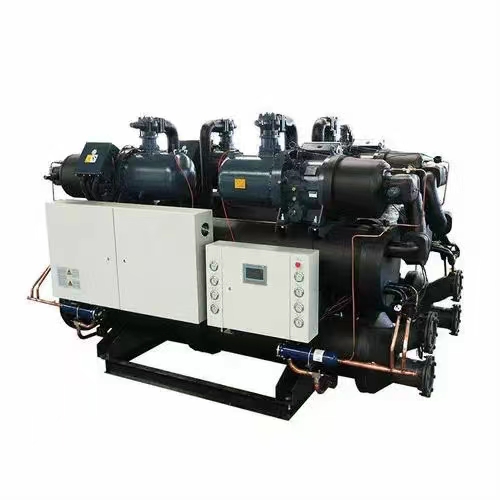water cooled condensing unit refrigeration factories
Water-Cooled Condensing Units in Refrigeration Factories
In the realm of industrial refrigeration, water-cooled condensing units play a crucial role in maintaining optimal temperatures for a variety of applications. These systems are particularly important in refrigeration factories that require efficient and reliable cooling solutions. This article explores the fundamentals of water-cooled condensing units, their advantages, working mechanisms, and their significance in the refrigeration industry.
Understanding Water-Cooled Condensing Units
Water-cooled condensing units are mechanical systems that use water to cool refrigerant gases in the condensation phase of the refrigeration cycle. Unlike air-cooled systems, which expel heat into the air, water-cooled units transfer heat to water, which can be circulated to cooling towers or other heat reclamation systems. This methodology allows for higher efficiency and the ability to handle larger loads, making them suitable for industrial environments.
Mechanism of Operation
The operation of a water-cooled condensing unit can be broken down into several key components. Initially, refrigerant gas produced by the compressor is routed into the condenser. In a water-cooled system, the condenser is equipped with a shell-and-tube or plate heat exchanger that facilitates the transfer of heat from the refrigerant to the circulating water. As the refrigerant passes through the condenser, it loses heat and transitions from a gas to a liquid state.
The water, carrying away the heat absorbed from the refrigerant, is then sent to a cooling tower or heat exchanger where it can release the heat into the atmosphere and be cooled down before being recirculated back to the condenser. This continuous cycle ensures optimal performance and temperature control.
Advantages of Water-Cooled Systems
1. Higher Efficiency Water has a higher thermal conductivity than air, which allows water-cooled condensing units to achieve lower condensing temperatures. This enhanced efficiency leads to lower energy consumption compared to air-cooled systems.
water cooled condensing unit refrigeration factories

2. Space-Saving Water-cooled systems can be more compact than their air-cooled counterparts. They do not require large external fans and can be installed in smaller spaces, making them ideal for plants where real estate is at a premium.
3. Reduced Noise Levels The operation of water-cooled condensing units tends to be quieter than that of air-cooled systems, as there is no need for large fans to expel air. This can lead to a more pleasant working environment in manufacturing and production facilities.
4. Less Environmental Impact Water-cooled systems are generally more environmentally friendly since they use less electricity and can be designed to minimize the use of harmful refrigerants. Furthermore, the ability to reclaim and reuse heat leads to better overall energy efficiency.
Applications in Refrigeration Factories
Refrigeration factories utilize water-cooled condensing units in a variety of applications. These systems are essential in processes requiring stringent temperature control, such as food processing, beverage production, and pharmaceutical manufacturing. They help maintain the integrity of temperature-sensitive products and ensure compliance with health and safety regulations.
Additionally, water-cooled units can be integrated into larger systems, such as central chiller plants, where multiple units can work together to provide cooling for an entire facility. The versatility and scalability of these systems make them a preferred choice for modern refrigeration factories.
Conclusion
Water-cooled condensing units represent a vital component within the refrigeration industry, particularly in factories that emphasize high efficiency and reliability. Their ability to optimize space usage, reduce noise, and minimize environmental impact makes them an attractive choice for many industrial applications. As the demand for energy-efficient solutions continues to grow, the role of water-cooled condensing units in refrigeration factories will likely expand, driving innovation and advancements in the sector. Understanding these systems is crucial for engineers, operators, and managers looking to enhance their operational efficiency and uphold sustainability practices in their facilities.






